Eating carrots rich in vitamin A, oysters rich in zinc, anti-inflammatory deep-sea fish, oats with low glycemic index, and yogurt containing probiotics can help regulate acne. Acne is usually related to factors such as excessive sebum secretion, abnormal keratinization of hair follicles, and Propionibacterium acnes infection. Dietary adjustments should be combined with regular sleep and scientific skincare.

1. Carrots
Carrots are rich in vitamin A, which can be converted into retinol in the body, helping to regulate sebaceous gland secretion and reduce hair follicle blockage. It is recommended to consume after steaming and cooking to promote nutrient absorption. Take 3-4 times a week, about 100 grams each time. Long term excessive intake may lead to yellowing of the skin, and lactating women need to control their intake.
2. Oysters
Oysters are rich in zinc, which can inhibit the activity of Propionibacterium acnes and accelerate epidermal cell repair. It is recommended to choose fresh steaming and cooking for consumption, 2-3 times a month. People with seafood allergies can use substitutes such as beef and pumpkin seeds, as excessive zinc supplementation may cause gastrointestinal discomfort.
3. Deep sea fish
Salmon, sardine, etc. are rich in omega-3 fatty acids, which have anti-inflammatory effects and can alleviate the redness and swelling caused by acne. It is recommended to consume steamed or low-temperature baked food twice a week, with about 150 grams each time. Gout patients should control their intake and avoid consuming high purine foods together.
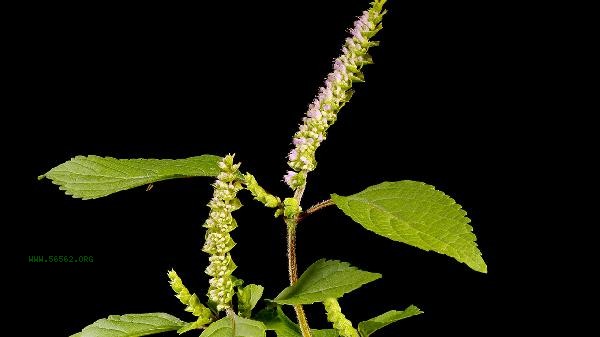
4. Oats
Oats, as a low glycemic index staple food, can stabilize blood sugar levels and reduce the stimulation of sebaceous glands by insulin-like growth factors. It is recommended to choose the original oatmeal to cook Congee. It is advisable to eat 50g for breakfast every day. People with gluten intolerance can switch to alternative grains such as quinoa.
5. Yogurt
Probiotics in sugar free yogurt can improve the balance of gut microbiota and reduce the inflammatory response caused by toxin accumulation in the body. It is recommended to choose non additive fermented milk and drink 100-150 milliliters after meals daily. Lactose intolerant individuals can try plant-based yogurt alternatives. In addition to dietary adjustments, individuals with acne should maintain a daily water intake of over 1500 milliliters, avoid staying up late, and excessively clean their skin. It is recommended to choose skincare products that do not contain mineral oil and pair them with mild amino acid cleansers. If the acne continues to worsen or forms nodules and cysts, you should go to the dermatology department in time. The doctor may prescribe drugs such as retinoic acid cream, benzoyl peroxide gel or doxycycline hydrochloride according to the situation. Daily attention should be paid to avoiding squeezing acne with hands, and doing physical sun protection when going out can help prevent acne scars from forming.


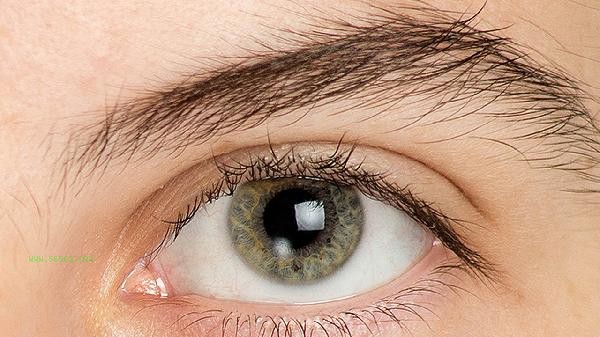
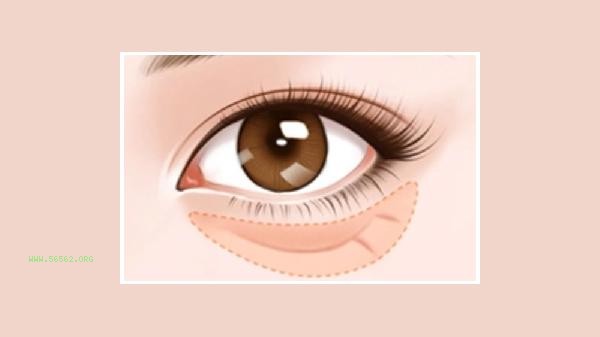
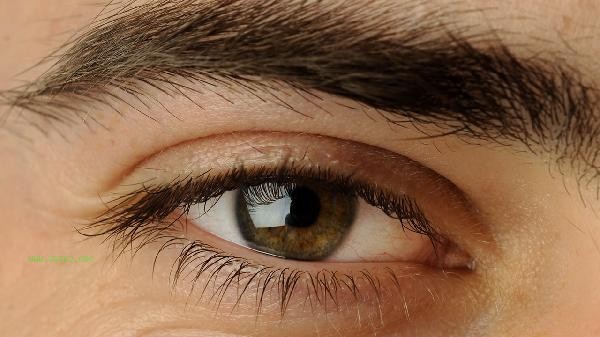
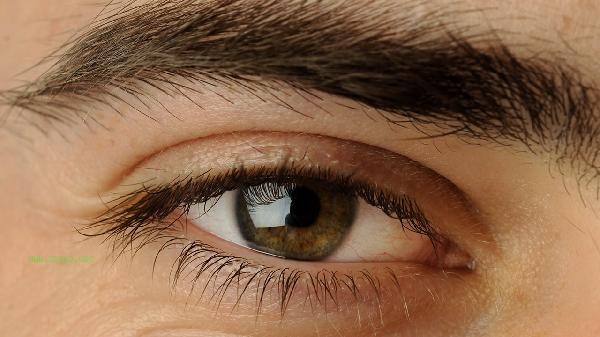




Comments (0)
Leave a Comment
No comments yet
Be the first to share your thoughts!